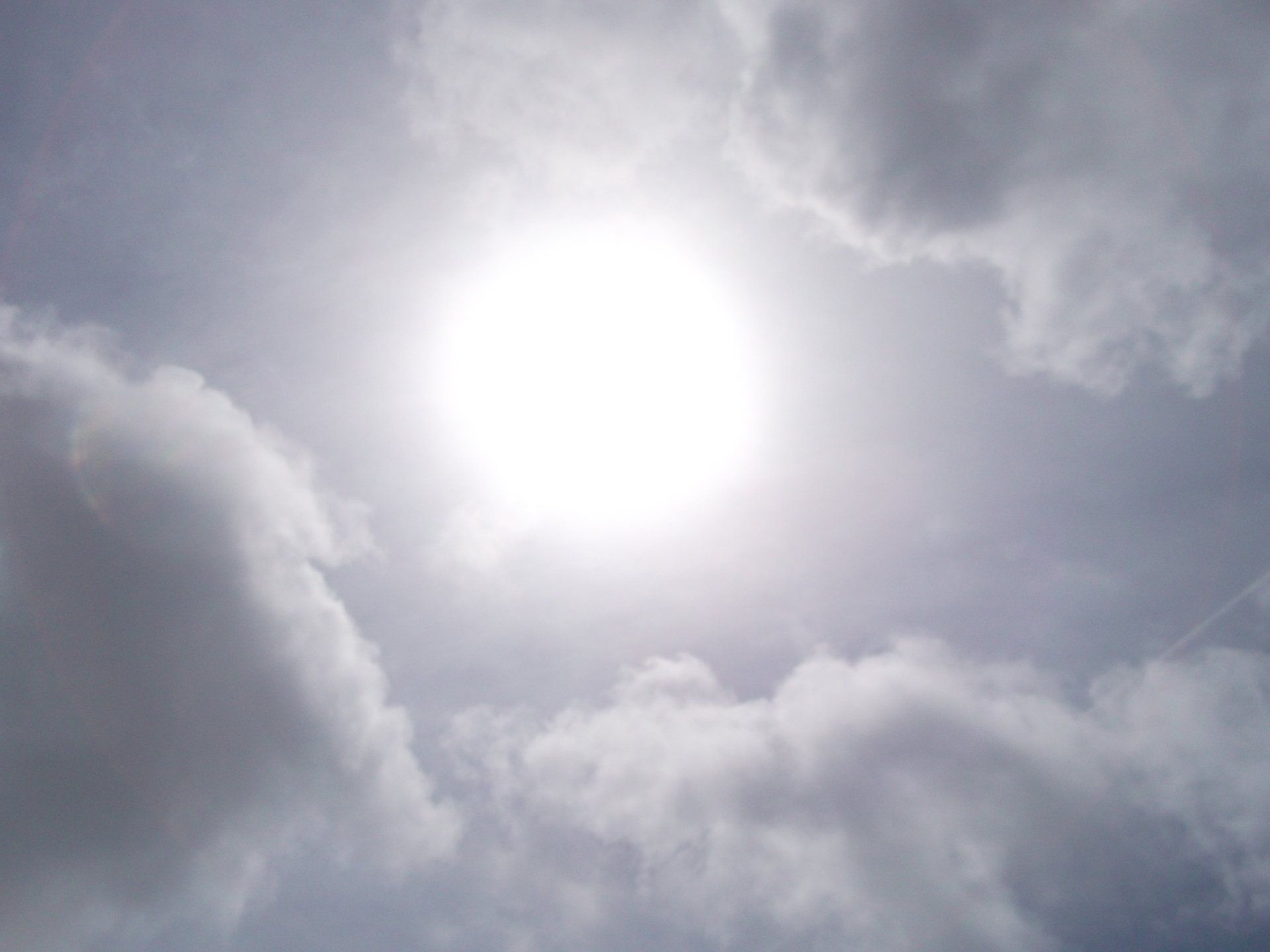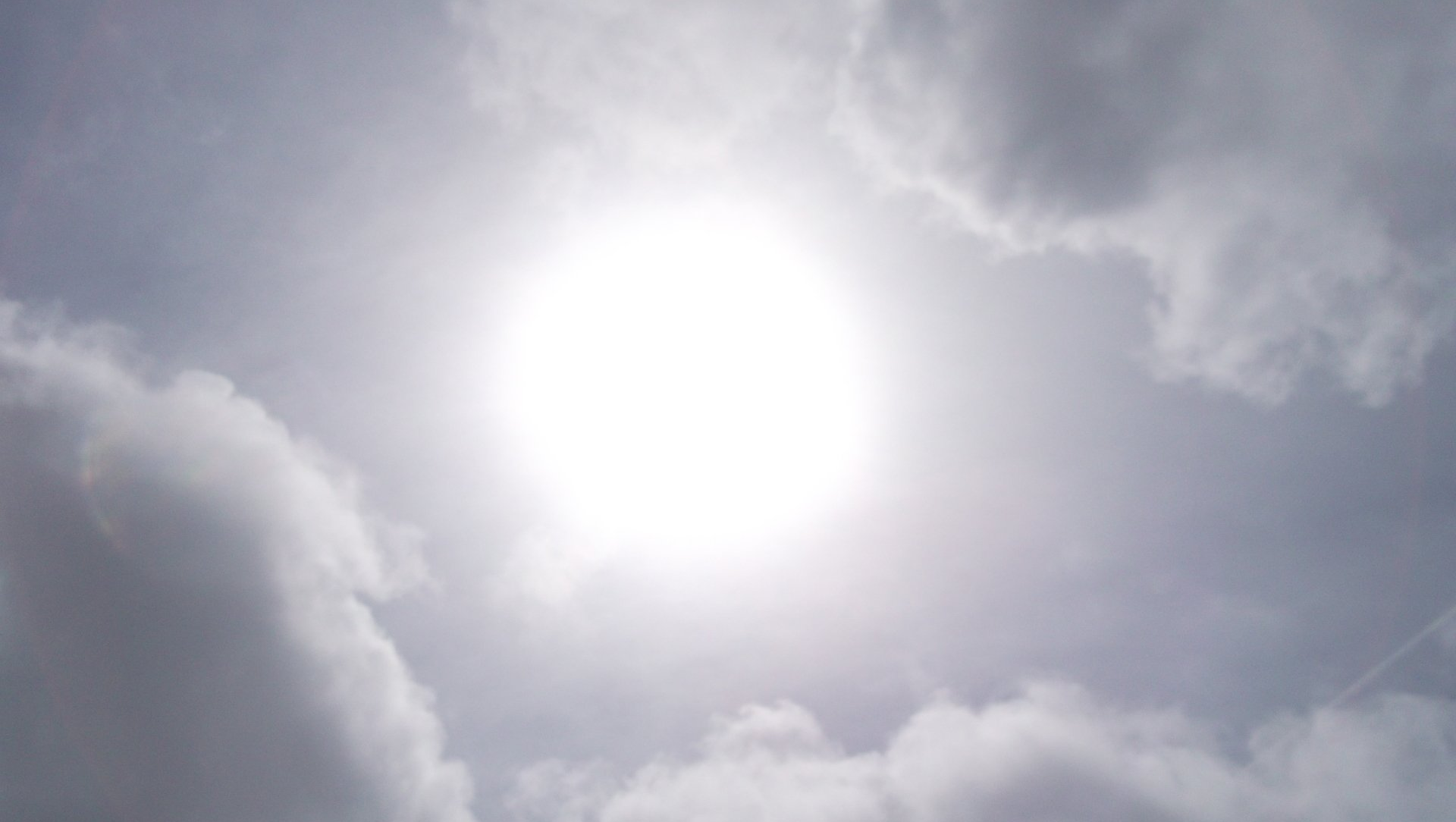Winter Turns into Spring - The Blog
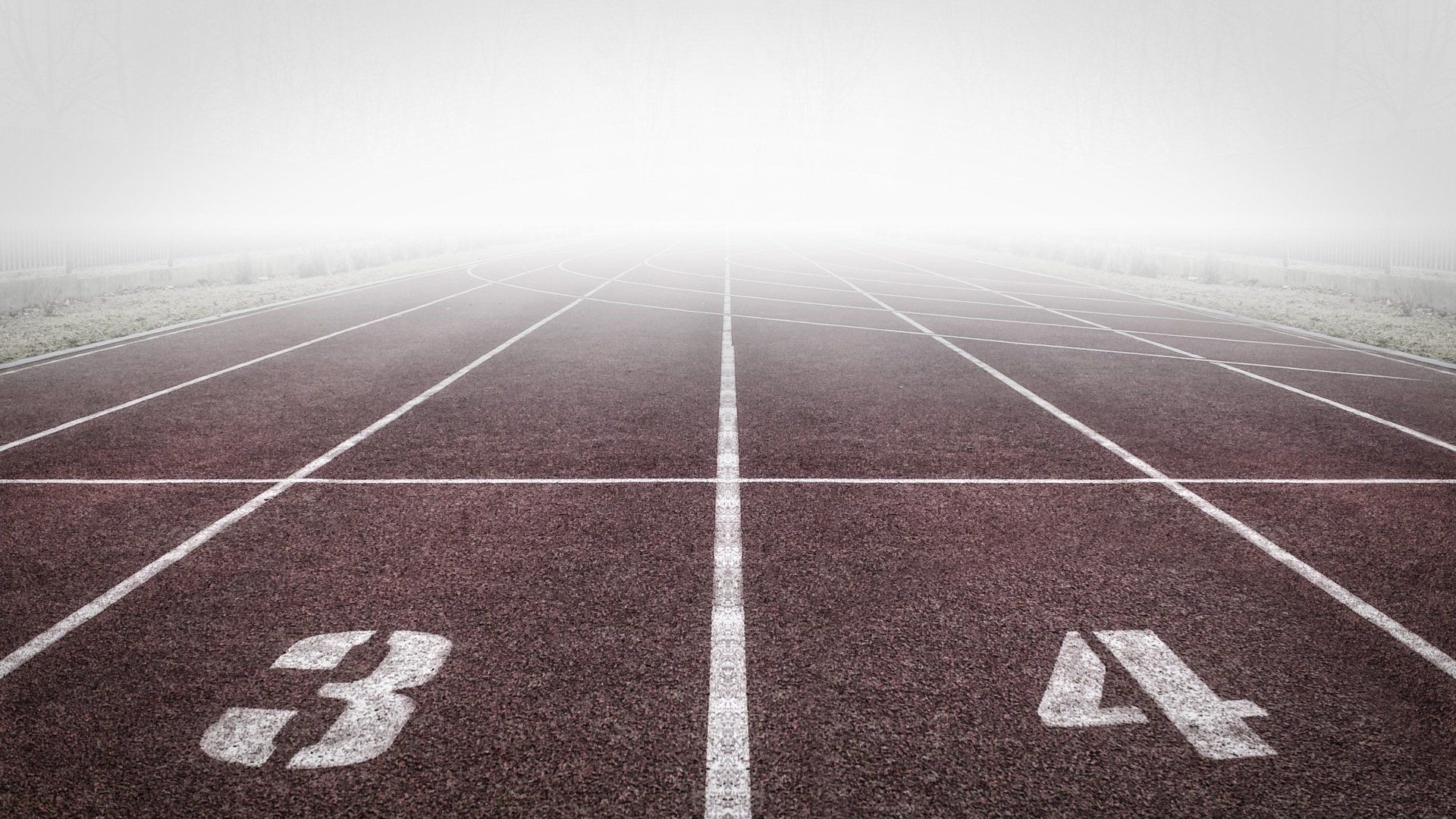
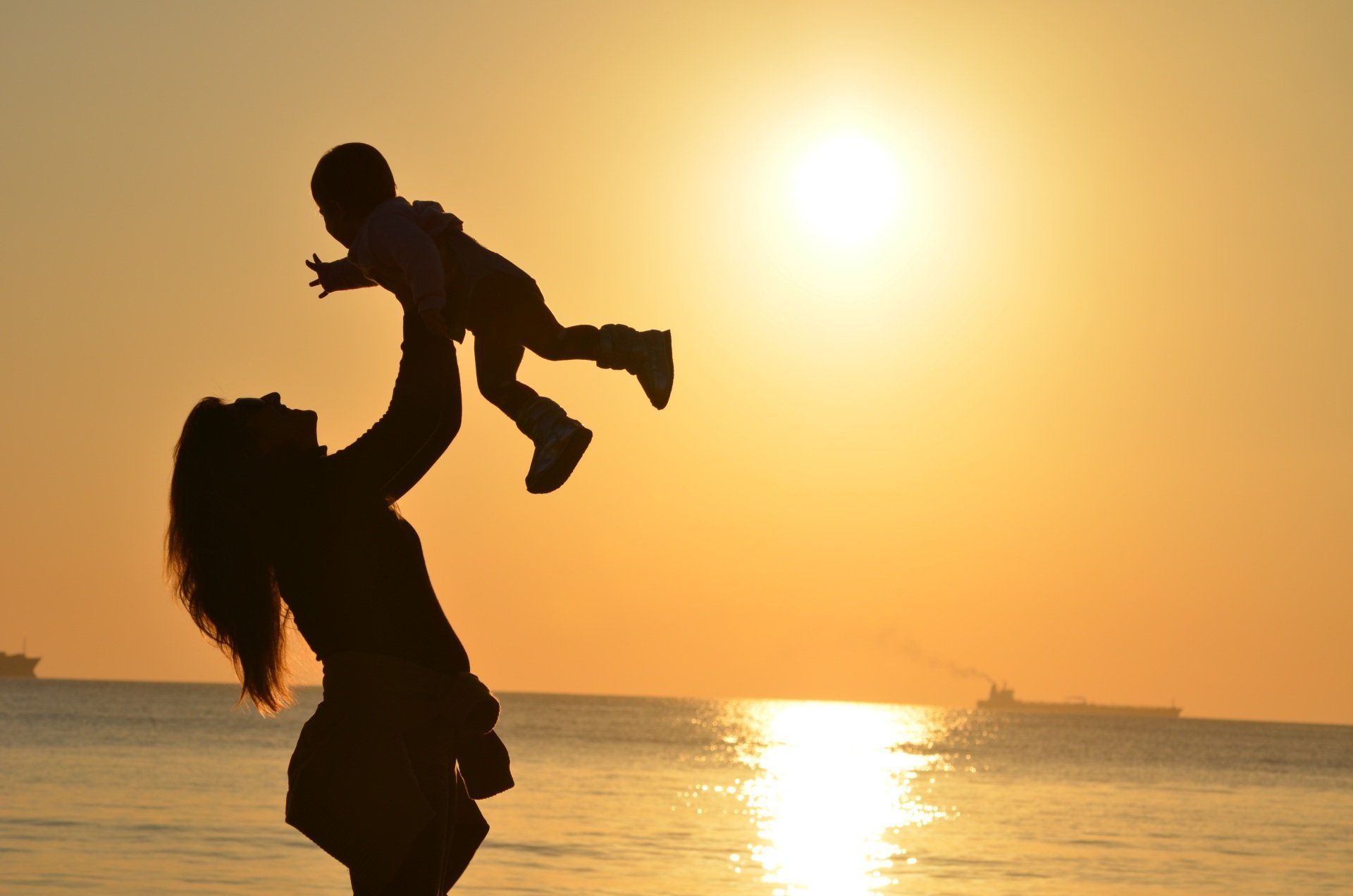
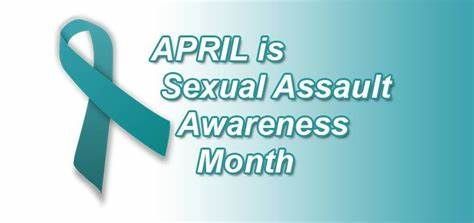
There are a lot of advises on preventing child sexual abuse, there are lots of tips for parents to protect their children but, is it really something we can stop from happening?
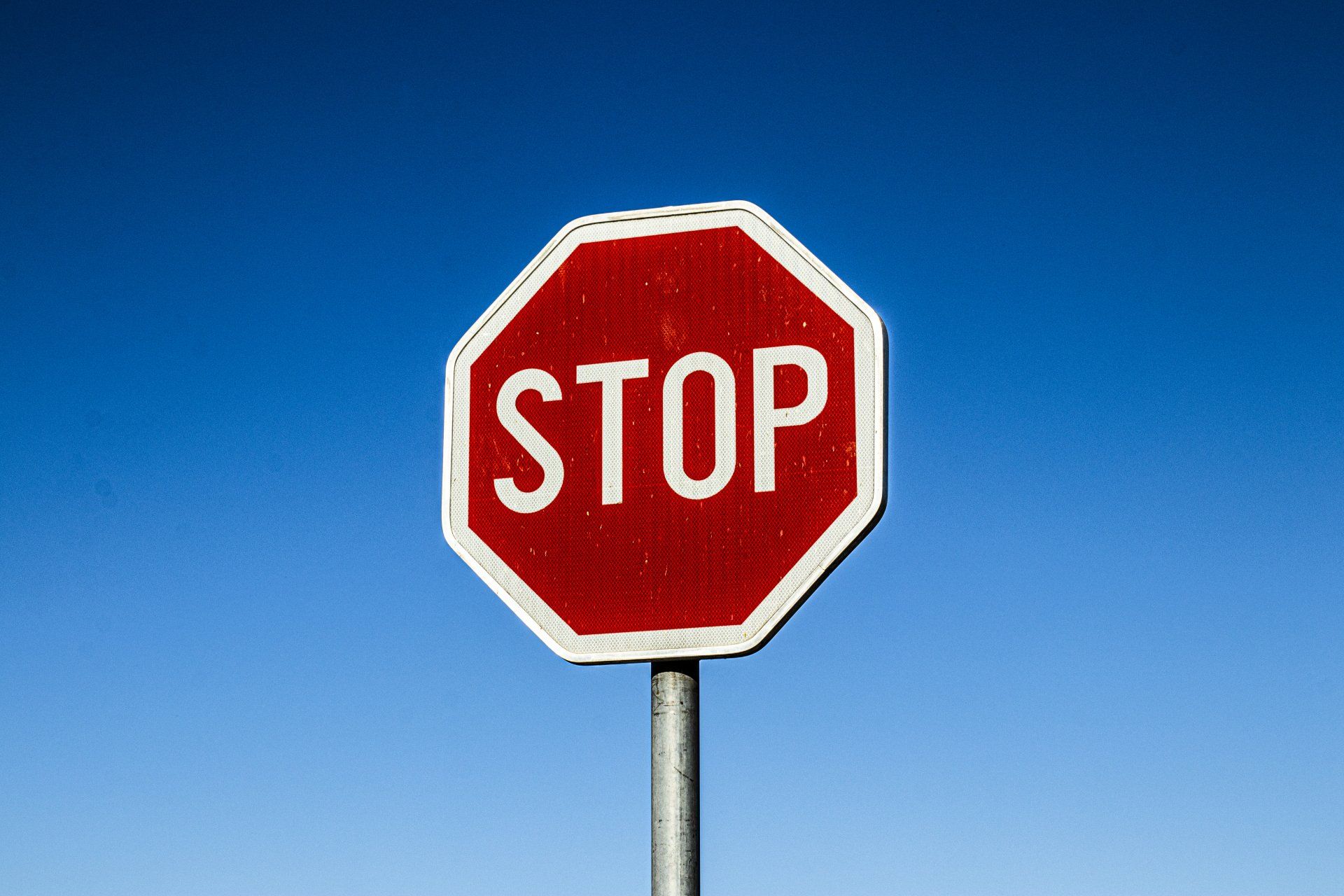
In a ideal society, children would be cared for and supported by ,first ,their parents, then by their immediate family and, finally, by the wider community. It wouldn't be perfect but, if anything happened, children would ,at least, have one loving and caring person to turn to.
It is important to have the conversation about body parts, (using the right names for each parts) and not to make sex a taboo subject. It also helps to talk about boundaries ,as early as possible: letting them know their body is theirs alone and they can say "No!" if they want to. Unfortunately, we do not live in an ideal society and abuse happens at home and the perpetrator is very often mum or dad, or someone really close to the family.
A young child who manages to say "No, don't touch me." will still be powerless with an adult ,they trust and love, who has decided to abuse their bodies. Often, they are too small and vulnerable to stand up for themselves. Children already feel ashamed: "I didn't fight back. I didn't tell." Sometimes, they can't even remember what happened nor can they fully understand what is done to them. How can they tell if they are too young to understand in the first place? From a non-abusive parent's, or carer, perspective, because of the grooming process, they might feel guilty for not seeing the "signs" or they might suspect something but are told "It's all in her/ his head. You know how kids are like!" by the abuser.
Child sexual abuse prevention feels a bit like "rape prevention": it teaching you how not to get rape, instead of focusing on the "Don't rape." It is ,somehow, the victim (and their supporters) who is given full responsibility for what was done to them.
Education and training on the tough subject of child sexual abuse is important. Teaching children about their bodies and boundaries is also key, However, more focus is needed on creating relationships and spaces where children feel safe and loved enough so they can talk about whatever was done to them. Any professionals involved in any cases need training in person centred approaches, trauma informed approaches. Therapies offered need to focus on what happened, instead of treating natural reactions to a traumatic event as pathologies. Building a trusting and caring rapport with clients is paramount to the healing process. "Trauma is created within relationships and heals within relationships." Victims needs to be supported, respected and involved in their own recovery - whenever possible, of course. Their pain needs to be validated, and accepted as the child experiences it. Later, yes, we can explore reframing thoughts and emotions but, first they need to be accepted and felt by the victim. with a gentle witness by their side.
There is a rise in awareness of the necessity of nurturing "Self-Compassion" skills as part of other recovery tools. Dr Kristin Neff PHD. "pioneered research into self-compassion, she has developed an eight-week program to teach self-compassion skills co-created with her colleague Dr. Chris Germer, called Mindful Self-Compassion (MSC)." There are also more "Compassion Based" therapies available now, than before.
Sylvie
For more information:
Check out:
- "Talk Pants" by NSPCC and Preventing Child Sexual Abuse
- Mosac's website: What to do in case of CSA and, if you need legal support, they have an excellent advocacy service.
- Find out more on Compassion Focused Therapy, on the Counselling Directory
